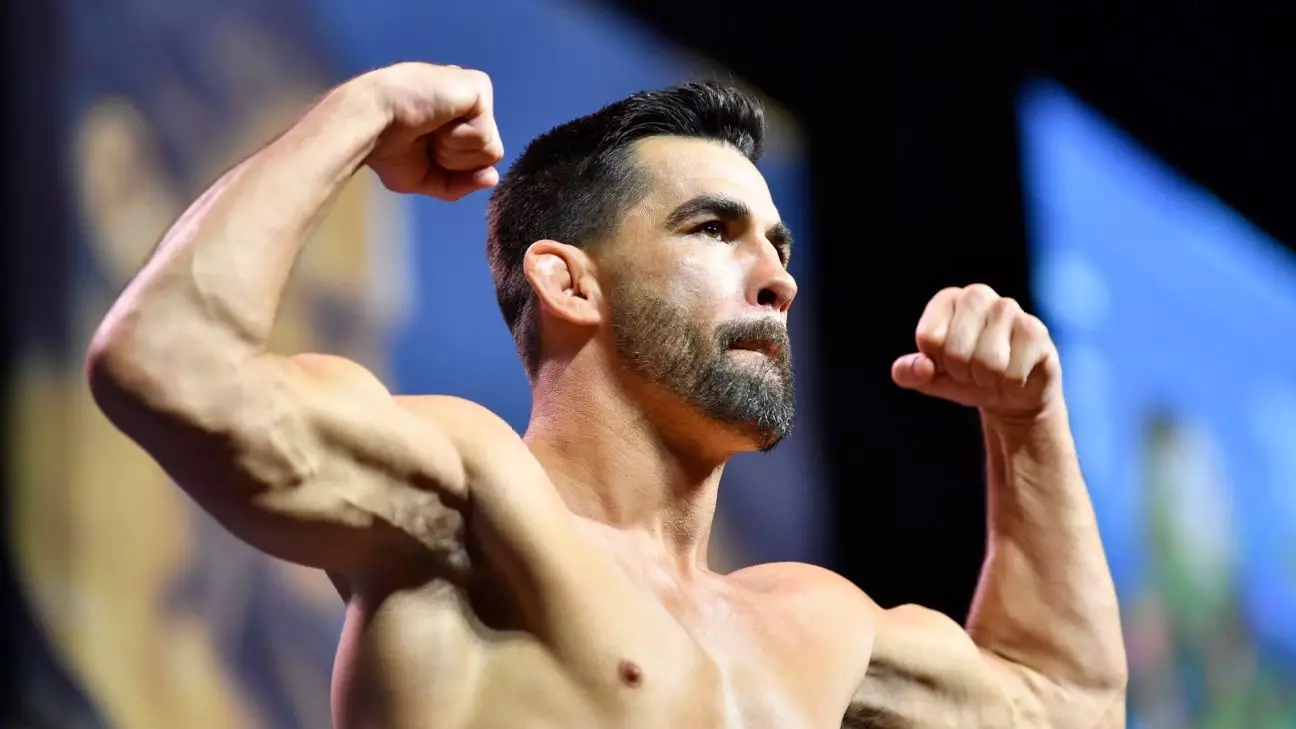Dominick Cruz, a name synonymous with excellence in mixed martial arts (MMA), has officially announced his retirement from the sport at the age of 39. This decision comes after an illustrious career spanning 25 years, one that has significantly influenced the bantamweight division. Cruz was recently set to face Rob Font at UFC Fight Night scheduled for February 22 but was compelled to withdraw due to a recurring injury—two shoulder dislocations in less than a year. The circumstances surrounding his retirement bring to light the physical toll that professional fighting can take on an athlete’s body, especially one who has been as active and competitive as Cruz.
Cruz’s professional record stands at an impressive 24 wins against only 4 losses. He has held both the WEC and UFC bantamweight championships, achieving immense success in a division that had been historically overlooked. His journey began with a victory in 2010 when he claimed the WEC title, and he became the inaugural UFC bantamweight champion following the merger of the organizations in 2011. His fighting style was a blend of agility, tactical prowess, and a unique ability to evade adversaries, earning him the nickname “The Dominator.”
Cruz’s reign as champion was marked by two successful title defenses against rivals such as Urijah Faber and Demetrious Johnson. However, injuries became an unfortunate theme throughout his career, causing him to vacate his title in 2014 after suffering knee and groin injuries. His resilience shined when he reclaimed the UFC title in 2016, cementing his legacy despite numerous setbacks. The pinnacle of his career possibly came with his ability to bounce back from injuries that would have sidelined most athletes permanently.
Beyond statistics, Cruz’s influence extends into the evolution of the bantamweight division, offering a blueprint for fighters in lower weight classes. His constant footwork and cerebral approach to fighting contributed to a tactical evolution within the sport. This was particularly crucial in popularizing the lighter divisions that had previously struggled for recognition.
Despite facing a TKO loss to Henry Cejudo in 2020—a match he believed was stopped prematurely—Cruz’s competitive spirit remained unshaken, and he is still regarded as one of the greatest bantamweights of all time. His legacy is not only defined by his accolades but also by his role in elevating the profile of smaller fighters in MMA.
As Cruz steps away from the octagon, he continues to contribute to the sport as an analyst and color commentator for ESPN and UFC broadcasts. His insights are informed by years of firsthand experience, providing a unique perspective on fighter strategies and fight dynamics. This transition allows him to remain in the realm of mixed martial arts, albeit in a different capacity.
Cruz’s retirement marks the conclusion of a significant chapter in MMA history, leaving behind a legacy characterized by resilience, tactical brilliance, and an indomitable spirit. As fans reflect on his career, they will undoubtedly remember him not just for his achievements in the cage but for the indelible mark he has left on the sport.

